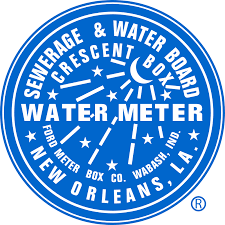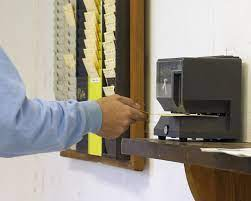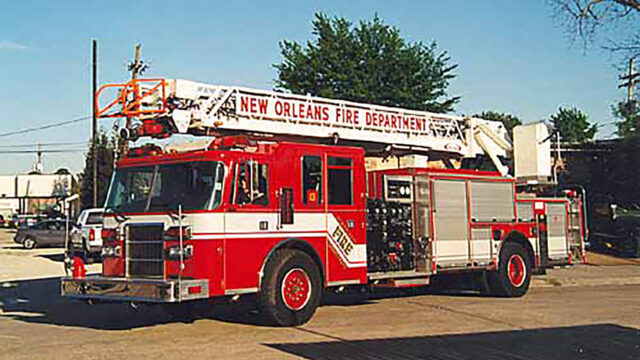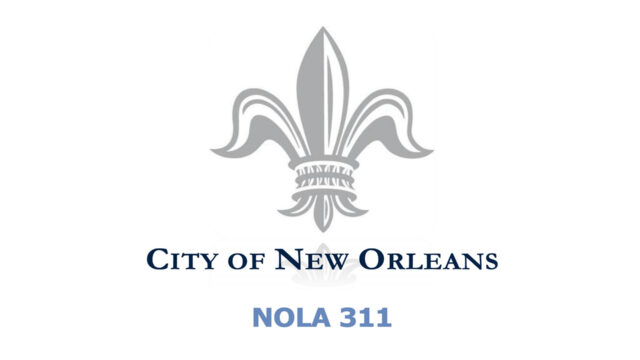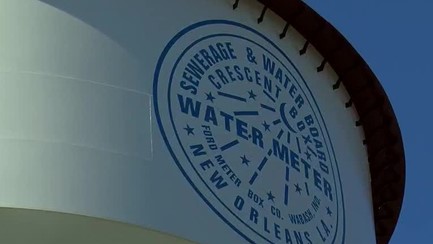In October 2016, the S&WB switched from its internally created customer accounts program to a customer service management software provided by Cogsdale Corp. By April 2017, the agency had discovered a large number of billing errors, primarily through numerous customer complaints. Specifically, customers complained bills were several times higher than those previously invoiced, received multiple bills for the same time period, or had not received bills for several months. At the November 2017 S&WB Board of Directors meeting, the Interim Executive Director reported a backlog of approximately 5,800 accounts with open billing investigations.
The OIG discovered the S&WB program management did not use information collected in the dispute process to inform executive management for appropriate operational decisions. Because of problems with S&WB customer data, the OIG was unable to perform much of the planned analysis on billing disputes. Rather, the evaluation focused on the process used by the S&WB to resolve billing disputes and did not seek to determine the underlying cause of billing issues at the S&WB. Further, the evaluation was limited to S&WB customer accounts that filed billing disputes between October 2016 and October 2018, with an emphasis on billing disputes resolved after an administrative hearing.
After review, the OIG concluded the process used to resolve disputes was not systematic and fair, and it did not balance the rights of individual customers to have accurate bills with the rights of citizens to have a financially stable utility.
